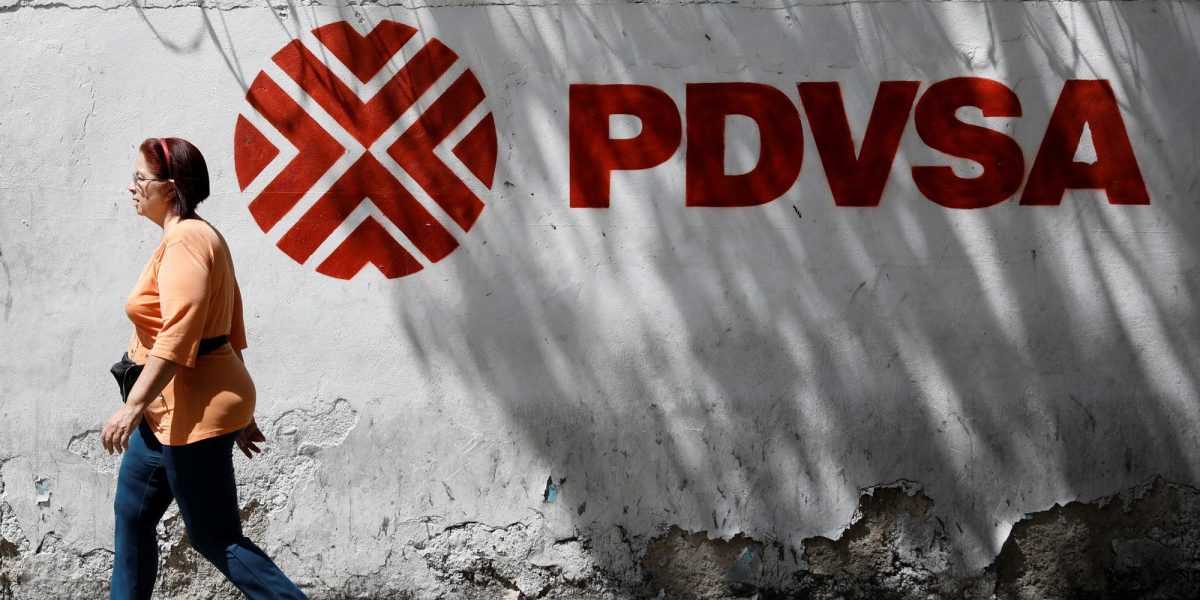The breaking news is that U.S. petroleum company, ConocoPhillips, headquartered in Texas, has been authorized by a Curacao court to seize in the region of $636 million in assets belonging to Petróleos de Venezuela, S.A (Venezuela’s state oil company, or PDVSA).
The dispute arises out of the 2007 nationalization of the U.S. company’s projects in the South American country. This is a major blow to Venezuela, already adversely affected by U.S. sanctions.
ConocoPhillips has taken control of some of PDVSA’s Caribbean assets on the island of Bonaire and has commenced litigation that has seen court orders filed in Curacao and Aruba, thus reportedly bringing to an almost standstill PDVSA’s oil export operations.
In total, the ConocoPhillips arbitration has seen the company awarded $2.04 billion. At this time, it’s unclear whether PDVSA can or will pay the award.
The Caribbean is a significant exportation route for the Venezuelan oil company. The move by ConocoPhillips would indicate that the arbitration and settlement process may not be moving as expediently as anticipated. By seizing the assets and initiating additional court proceedings, the knock-on effect for the Venezuelan government will be detrimental given that PDVSA’s oil exports are fundamental to the Bolivarian Republic’s budgetary requirements.
It has also been reported that PDVSA may be seeking ways to side-step the court orders instructing it to relinquish its assets. Allegedly, this has seen PDVSA transferring custody of its fuel produced at the Isla refinery to the Curacao government, and its ownership of crude to be refined at Isla to its U.S. entity, Citgo Petroleum. Overall, though, Venezuelan oil production has plummeted to a 30-year low, under-investment and mis-management among the likely key reasons.
Many of us who operate in the Caribbean are not surprised by ConocoPhillips’ move. Rumors have abounded that the Venezuelan government is experiencing serious problems conducting business and trade, given its dubious reputation and the sanctions already in place. For some years now, Venezuelans have suffered at the hands of those who purport to lead them under the label “Chavismo,” yet appear intent on abusing their position to line their own pockets.
Grand corruption has ravaged the country’s ability to provide for its citizens and left it on the periphery of the global trading routes it needs to access in order to continue trading. The current oil exports are primarily intended for the United States, Chinese and Indian markets; so logistically the Caribbean is an important arterial route.
Finding itself blocked in this fashion by ConocoPhillips is going to complicate PDVSA’s position further, but both it and the Venezuelan government only have themselves to blame. By losing the Caribbean staging posts, PDVSA has already experienced severe delays at ill-equipped Venezuelan ports where it is endeavouring to load its oil tankers.
I have commented on the situation in Venezuela for the FCPA Blog previously, arguing that grand corruption is a crime against humanity under Article 7(1)(k) of the Rome Statute establishing the International Criminal Court. In addition, I have asserted that some of the individuals in the Venezuelan government are kleptocrats, with kleptocracy being defined by the Cambridge Dictionary as “a society whose leaders make themselves rich and powerful by stealing from the rest of the people,” a description befitting those who continue to work in their own selfish interests at the expense of the people.
The scenario is made even more appalling given that Venezuela sits on the world’s largest oil fields. It should be mega-rich and moving towards being a player on the world stage. That it isn’t is indicative of the woeful tales coming out of the country detailing the corruption and abuse that has resulted in a population neglected and victimized by the size of the thefts that have taken place.
We will all be watching the current scenario with interest as it plays out. One day, perhaps, these events and those preceding them will ultimately lead to the Venezuelan people receiving more positive benefit from the huge oil reserves at their state’s disposal.
_____
Martin Kenney, pictured above, is Managing Partner of Martin Kenney & Co., Solicitors, a specialist investigative and asset recovery practice based in the BVI and focused on multi-jurisdictional fraud and grand corruption cases www.martinkenney.com |@MKSolicitors. In 2014 he was the recipient of the ACFE’s highest honor: the Cressey Award for life-time achievement in the detection and deterrence of fraud. He was selected as one of the Top Thought Leaders of the Legal Profession in 2018 by Who’s Who Legal International and as the number one offshore lawyer for asset recovery in 2017.

